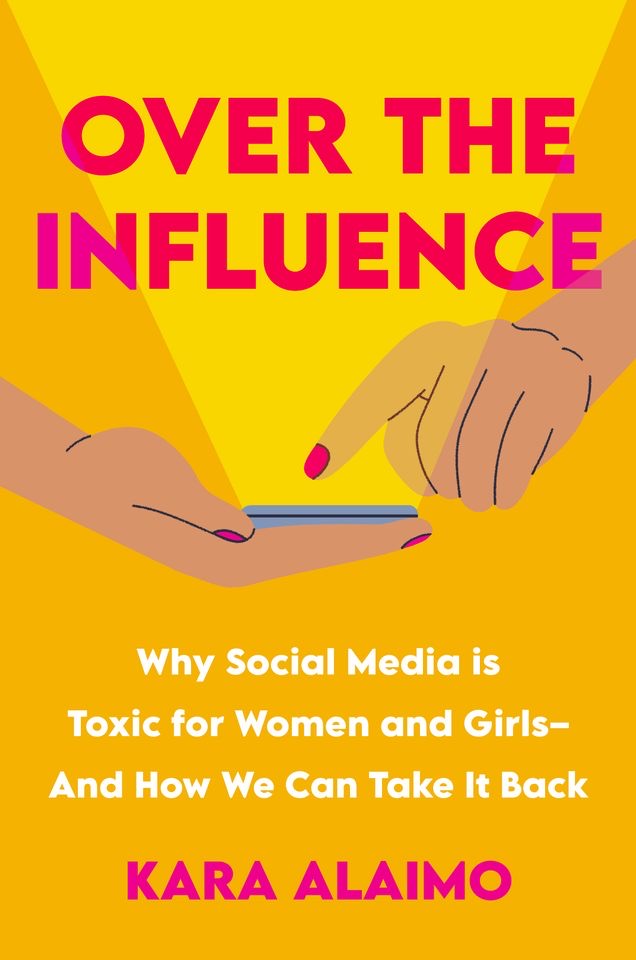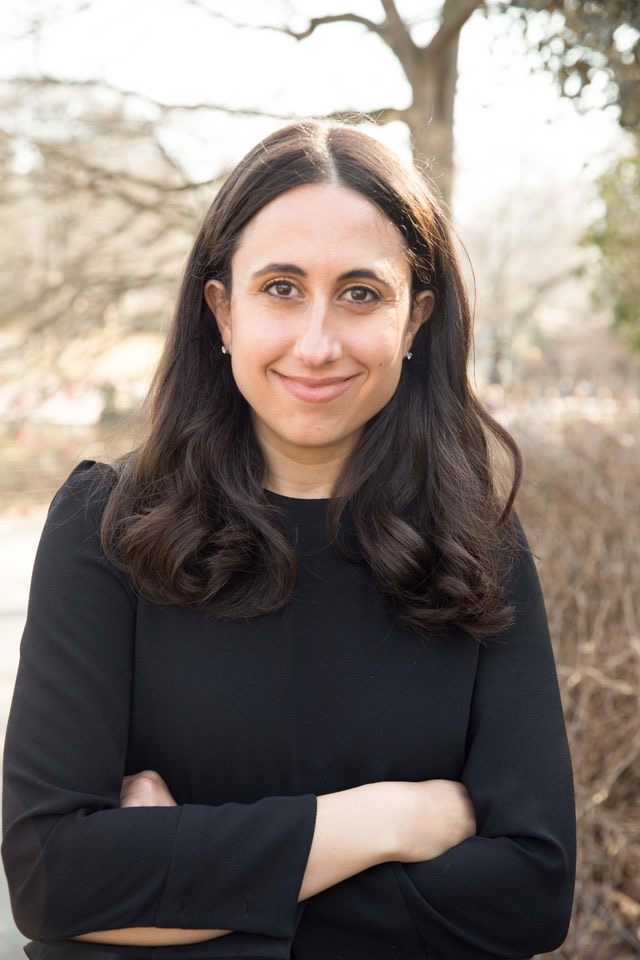By Madisen Snyder

In a world dominated by social media, there are still many things left to learn about it.
The boundary between the online and offline world is no longer set when someone turns off their devices, and new research suggests content shared online can negatively influence women and lead to abuse offline.
Kara Alaimo, associate professor of communication at Fairleigh Dickinson University and contributor for CNN Opinion, dives deep into these issues in her new book, “Over the Influence: Why Social Media Is Toxic for Women and Girls — And How We Can Take It Back,” which will be released on Tues., March 5.
In her book, Alaimo compiled research, interviews and real stories from dozens of women, girls and non-binary people to share the ways social media affects every facet of their lives.
“I think you’ll find that this is a hugely intersectional book, and I really focus heavily on the experiences of women who are black, brown, trans, (and) Muslim,” Alaimo said. Women “have markers for discrimination on social networks. But for women of color and for trans women, it’s far worse.”
Alaimo originally started writing her book because she was considering how to handle social media usage with her daughters. In her book, Alaimo writes how parents must navigate how and when to introduce their children to social media. After completing her book, her biggest fear now is knowing her daughters will have to navigate a world that is heavily influenced by those same social networks.
Given that social media has been proven to change the way people think and act, Alaimo said she believes that the misogyny and abuse aimed at women on social media normalize the abuse and deprivation of rights and resources for women offline.
“The misogyny we see on social networks is unique in the sense that no one thinks other forms of extremism are hilarious on social media, so no one thinks it’s hilarious to watch people beheaded on social media,” Alaimo said. “But lately, if you look at apps like TikTok, there is a lot of misogynistic content that people perceive to be funny on these networks – and I think that that is changing our culture.”
Although Alaimo’s book explores the dangerous realities of the modern online world, it is not all bad news. Alaimo also offers advice on how women, girls and non-binary people can protect themselves online, recognize sexism and misogyny, reject misinformation and, instead, use their platforms to empower themselves and others.
Christopher Caldiero, a professor and interim department chair of communications studies at FDU, said that, while there are positives and negatives to any media tool, it’s more important to focus on its dangers because, through research like Alaimo’s, people can be more aware of its potentially toxic elements.
“So rather than say that social media is toxic for women, I prefer to suggest that it can be, and therefore it’s important to know how and to understand it better and to prevent it as best as possible, to make it a healthier form of communication,” Caldiero said, “because it’s not going away.”

Alaimo’s book is a guide on how to make the online world a more positive space, and she suggests women start by taking their power back from the platforms being weaponized against them.
In her book, Alaimo argues that, along with demanding change from lawmakers and tech companies, readers need to think carefully about how they use social media and be mindful of what they see online. If we changed what we shared and who we followed, and engaged with more content about issues that affect our lives, we could change a lot, Alaimo said.
Social media is a powerful tool, and having social media literacy can be just as powerful, said Katherine Dunsmore, a communications professor at FDU and director of the university’s Master of Arts in Communication program.
“As Dr. Alaimo argues, the undertow generated by the structure of social media is very powerful,” Dunsmore said. “Advanced skills in contesting claims found in media as well as understanding the structure of media are necessary for a well-lived life and, I would argue, to keep democracy strong.”
In tandem with her national book tour, Alaimo will lead a discussion on “How Social Media Is Impacting Women and Girls” on March 19 with Francesca Degiuli, an associate professor of sociology at FDU. The discussion will be held in the Orangerie on the Florham Campus at 5 p.m., and also available via Zoom.

